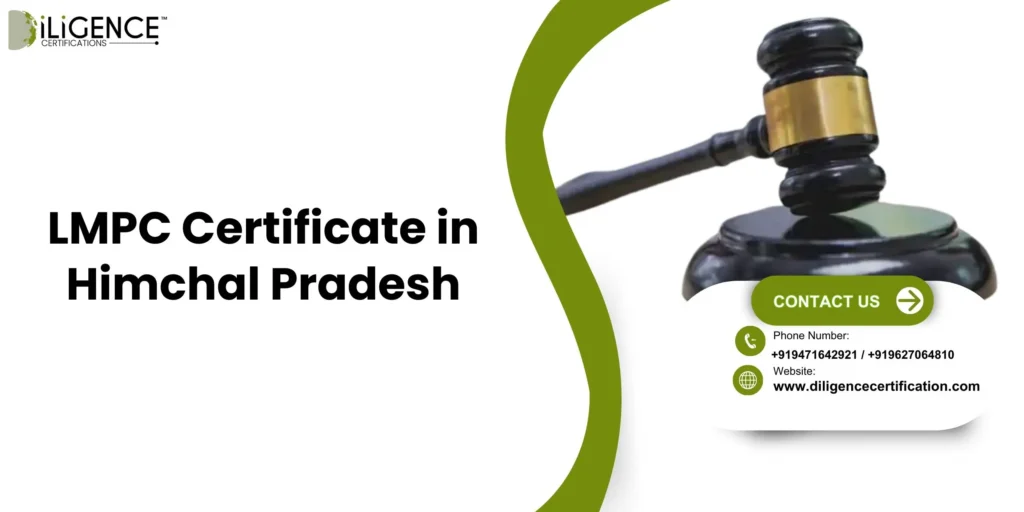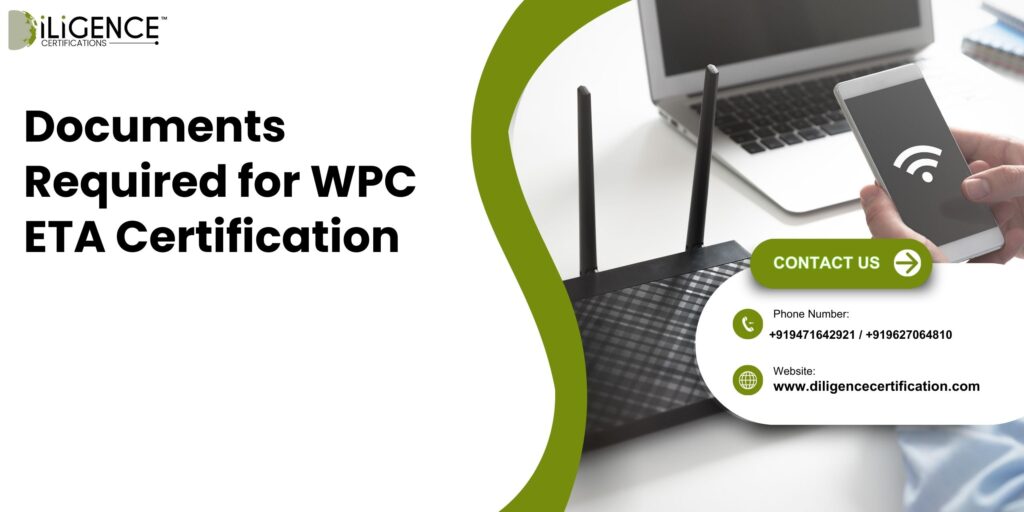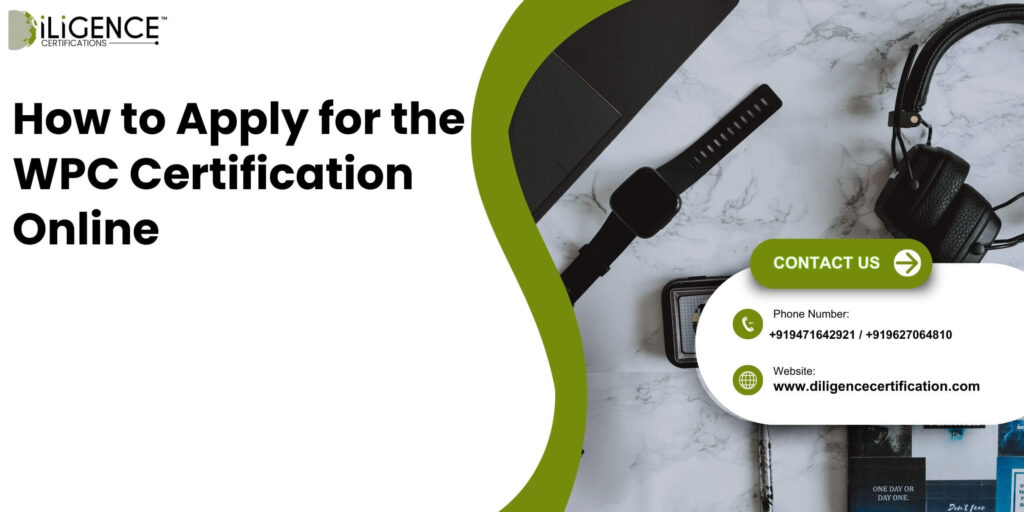- BIS Certification for Vinyl Sulphone IS 18340 is mandatory under India’s Quality Control Order (QCO) to ensure chemical purity and industrial safety.
- Manufacturers must obtain the ISI Mark before selling or importing Vinyl Sulphone in the Indian market.
- This guide explains the full BIS process—application, testing, audit, and certification—for Vinyl Sulphone producers.
Introduction

In 2021, ColorChem India faced a major production halt: their vinyl sulphone batch, critical for textile dyes, was stopped at customs. They’d overlooked BIS Quality Control Order applicability—and suddenly ₹20 lakh worth of chemicals sat stranded. I guided them through BIS Certification for Vinyl Sulphone, helping secure the ISI Mark and restart exports within six weeks.
That’s just one story, but it highlights a common gap among Indian chemical producers: unfamiliarity with BIS rules for niche industrial chemicals under the Quality Control Order (QCO). In this deep‑dive, I explain how to navigate BIS Certification for Vinyl Sulphone, reduce customs risks, ensure quality‑control compliance, and gain market authority.
What is Vinyl Sulphone?
Vinyl Sulphone (VS) with the chemical formula C8H7O4S is an important intermediate used mainly in textiles and dyeing. It plays a crucial role in the production of high-performance dyes used in textile processes. VS is reactive, and therefore, it can form strong covalent bonds with molecules of the fiber such that the dye is permanently fixed. This makes it a valuable contribution to the manufacture of reactive dyes that are used to dye natural fibres such as cotton, wool, and silk.
But with increasing demand for this chemical and its wide use in various industries, Vinyl Sulphone’s products need to be of international standard quality. It is here that BIS certification of Vinyl Sulphone becomes priceless.
Why is BIS Certification Important for Vinyl Sulphone?

BIS Vinyl Sulphone certification is an important hallmark of quality certification for both end-users and producers. The Bureau of Indian Standards (BIS) has established clear guidelines under IS 18340 that manufacturers are required to comply with so they can distribute Vinyl Sulphone products in India. The certification assures that the product complies with the standards of safety, quality, and performance as dictated by the BIS.
Here are some of the reasons why BIS certification for Vinyl Sulphone is imperative:
- Quality and Safety Assurance: One of the main reasons to get BIS certification for Vinyl Sulphone is to ensure that consumers and industries about the quality and safety of the product. The certification ensures that the compound adheres to the stringent standards of the BIS Certification .
- Regulatory Compliance: Vinyl Sulphone manufacturers have to adhere to Indian regulatory norms. BIS certification guarantees conformity with the IS 18340 norm, avoiding legal issues or compliance problems.
- Market Credibility: BIS-certified products are more likely to command market confidence. Customers and buyers find it convenient to purchase products bearing an official mark, as this guarantees the product’s quality and dependability.
- Enhanced Market Access: The presence of the Vinyl Sulphone ISI Mark facilitates easier access to new markets for manufacturers. Domestic and overseas customers seek to buy products meeting established standards, and BIS certification is hence a necessary stepping stone to access wider markets.
- Consumer Protection: The BIS ISI Mark on Vinyl Sulphone serves as consumer protection, giving assurance that the consumer buys a product that has already been tested in terms of quality, safety, and consistency.
The BIS Certification Process for Vinyl Sulphone

Obtaining BIS certification for Vinyl Sulphone IS 18340 involves several essential steps. Manufacturers must follow a prescribed procedure to ensure that their product meets the required quality standards. The process involves:
Step 1: Application Submission
The first step towards the BIS certification involves the submission of an application form to the Bureau of Indian Standards. The application must include information regarding the product, such as its chemical makeup, usage, and manufacturing processes. It must also stipulate that the product meets the relevant IS 18340 standards.
Step 2: Documentation
The second step is the submission of documents required to prove conformity with the IS standards. These documents normally consist of:
Accredited laboratory test reports.
Production records and quality control processes.
Details of the manufacturing processes and raw materials employed.
Copies of the applicable BIS standards.
Step 3: Testing and Evaluation
BIS Vinyl Sulphone products undergo a series of tests to ascertain whether they comply with the quality specifications mentioned in IS 18340. The tests entail chemical analysis, purity, reactivity, and performance of Vinyl Sulphone in different applications. Products that meet these stringent tests are qualified for certification.
Step 4: Factory Inspection
BIS will perform a detailed audit of the manufacturing unit to ascertain that it adheres to the right procedures and maintains proper hygiene and safety procedures. The inspection is important to ensure that the product is produced under conditions with controls and in conformance to the stipulated standards.
Step 5: Issuance of BIS Certification
Once the product undergoes testing and the factory inspection is successfully carried out, BIS will issue the Vinyl Sulphone ISI Mark. This will enable manufacturers to lawfully sell their BIS Vinyl Sulphone products in India. The BIS license, which is normally valid for a year, should be renewed after one year by the manufacturer.
Documents Required for BIS Certification
To apply for BIS certification of Vinyl Sulphone, the following documents are typically needed:
- Application form with manufacturer and product information.
- Test reports from accepted laboratories.
- Production and quality control documents.
- Factory inspection documents.
- Compliance certificates of the factory.
- Proof of financial and business registration.
Benefits of BIS Certification for Vinyl Sulphone
The BIS Certification for Vinyl Sulphone is beneficial in many respects to suppliers, manufacturers, and customers. The most important advantages are:
- Quality Assurance: With the BIS certification, it is guaranteed that the Vinyl Sulphone ISI Mark is synonymous with quality and reliability. Businesses and customers can assure themselves that the product is up to high-quality industry standards.
- Legal Compliance: BIS certification enables manufacturers to comply with the rules of the Indian government and minimize the likelihood of quality and safety-related legal problems.
- Market Expansion: Manufacturers are able to expand into new markets, both international and domestic, with Vinyl Sulphone BIS certification. It creates new business opportunities and improves market competitiveness.
- Customer Trust: The ISI mark of Vinyl Sulphone makes customers more trusting in the product. It allows the customer to have dealings with a product that is tested and proven to be safe.
- More Sales: There are increased sales and profits by the manufacturers because products that have certifications are subject to a premium in the market.
Cost of BIS Certification for Vinyl Sulphone
The price of acquiring BIS certification for Vinyl Sulphone depends on various factors such as the production scale, requirements of testing, and factory inspection charges. Most commonly, the following costs are involved:
Application fees.
- Evaluation and testing fees.
- Factory inspection fees.
- Annual renewal fees.
The manufacturers ought to budget in advance for these costs and expect some additional charges relating to routine audits and quality control.
QCO Update for Vinyl Sulphone
Apart from BIS certification of Vinyl Sulphone IS 18340, companies must keep themselves updated with the Quality Control Order (QCO) amendments. QCOs have been issued by the Bureau of Indian Standards (BIS) to provide a boost to product quality and safety in different sectors. For Vinyl Sulphone, QCO (Quality Control Order) lays down the minimum standards that the product should comply with before it is sold in India, keeping the product quality uniform. According to recent news from BIS, various new QCOs have been notified and will be implemented to improve compliance with regulatory standards.
Conclusion
BIS certification of Vinyl Sulphone 18340 is a vital step in providing the chemical’s quality, safety, and compliance in the textile and dyeing industries. Manufacturers can increase their products’ trust, open up new markets, and make sure their goods satisfy the highest industry standards by acquiring BIS certification for Vinyl Sulphone. ISI Mark for Vinyl Sulphone is a quality mark that could increase consumer confidence and lead to new business opportunities.
Diligence Certification provides knowledgeable guidance and assistance to manufacturers seeking BIS certification of Vinyl Sulphone. To get Vinyl Sulphone BIS certified, you can count on us for documentation, testing, and compliance support.
1. Is BIS Certification mandatory for all Vinyl Sulphone in India?
Yes—as per the notified BIS Quality Control Order (QCO), any sale, import, or use of vinyl sulphone must carry an ISI mark certifying BIS approval. Without this, customs can seize shipments and local buyers may reject product.
2. What purity level must be met for certification?
Typical BIS‑certified vinyl sulphone must be ≥ 99% purity per IS 5987, with very low levels of impurities like 4‑amino diphenyl (must be below 50 ppm).
3. How long does the certification process take?
From application to licence grant, it generally takes 3–4 months, depending on lab schedules and audit timings—expedited by following due diligence procedures.
4. What is Diligence Certification?
It’s an independent review by qualified auditors to ensure your documentation, sample preparation, and safety data sheets follow BIS norms before submission—minimising rejection risk.
5. Can small importers avoid audits?
No. Imported consignments undergo sample testing in customs‑recognized labs—which can be considered audit equivalents.
6. How often is surveillance conducted?
BIS carries out yearly surveillance visits and sample retests to verify compliance. Licence expiry falls every two years, requiring renewal.
7. What penalties exist for non‑compliance?
Products without ISI certification are illegal. They may be impounded by customs, and importers/manufacturers may face fines, Notified Notification violations, or prosecution under BIS law.
8. Does PVC-based or textile-grade Vinyl Sulphone differ in certification?
No—the certification covers chemical specifications, not application. Both types must meet IS 5987 standards and pass identical assessment.
9. Can overseas labs submit test reports to BIS?
Yes—but they must be recognized by BIS and follow IS test methods. Reports are verified through Indian partner labs.
10. How should companies handle repackaging or relabelling?
Only BIS‑licensed holders can relabel or repackage — each brand needs a valid licence, ISI mark, and full documentation traceable to original batches.








 BIS Certification
BIS Certification
 CDSCO
CDSCO
 CPCB
CPCB
 LMPC
LMPC
 WPC Approval
WPC Approval
 Global Approvals
Global Approvals
 TEC
TEC
 ARAI
ARAI
 BEE
BEE
 ISO Certification
ISO Certification
 Drone Registration
Drone Registration
 NOC For Steel
NOC For Steel



















 Business Registration
Business Registration














 Legal Services
Legal Services
 Trademark Registration
Trademark Registration
 Copyright Registration
Copyright Registration
 Patent Registration
Patent Registration















































